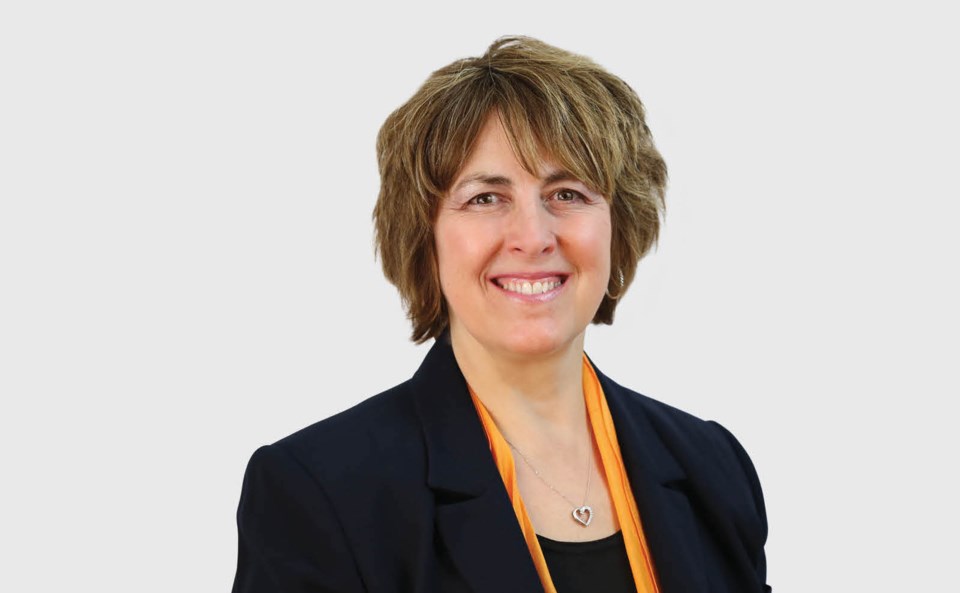Algoma-Manitoulin-Kapuskasing MP, Carol Hughes writes a regular column about initiatives and issues impacting our community.
On October 1st, the Prime Minister made an astonishing admission that hasn’t made much of a ripple in most mainstream Canadian media. That day, he appeared on Liberal MP Nathaniel Erskine-Smith’s Uncommons podcast to discuss his thoughts on the next election, and what he sees as the successes and failures of his government since he became Prime Minister in 2015. While much of the conversation didn’t provide much insight beyond a long-form conversation between two Liberal MPs leaning into talking points, it was the question about what the Prime Minister saw as his biggest failure that was by far the most interesting part.
“There have been challenges and mistakes made over nine years,” asks Erskine-Smith. “You reflect on some of your successes there, and what you see as what you want to leave and make an impact on the country through your decision-making. What do you see as ‘if I could have that one back, I would do it differently the next time’?” The Prime Minister, without hesitation, stated “electoral reform.”
From there, the Prime Minister delves into his supposed concerns around populism and polarization, while admitting the core of the problem with our current system. “The winner-take-all version of first-past-the-post that we have right now, where you could get elected for 100 percent of people in your riding with 30, 32 percent of the vote if it’s divided amongst other parties is not just devaluing the votes of so many others, but it’s giving you a false sense of being the only legitimate voice for your community,” the Prime Minister opined. And on this line of reasoning, I am certain I and many other proponents for electoral reform would agree. The problem is his reasoning on Uncommons hasn’t matched up with his actions on electoral reform since coming to office in 2015.
If we think back to the 2015 election, the Prime Minister was pushing a simple but important narrative against an increasingly unpopular Conservative Prime Minister, Stephen Harper. “We are committed to ensuring that the 2015 election will be the last federal election using first-past-the-post” was what was promised to Canadians, and ultimately never delivered. It’s curious looking back on that time, because even though the Liberals made that promise to Canadians, it was abandoned not because the House of Commons couldn’t abide that promise, but because the Prime Minister wouldn’t.
Their promise in 2015 was to introduce electoral reform legislation within 18 months of forming government, following the recommendations of an all-party parliamentary committee to study the most effective ways to reform our electoral system. On December 1st, 2016, that committee, which was comprised of all parties, with the Liberals in a plurality but not majority, recommending a referendum on electoral reform and giving the decision back to Canadians. The committee also recommended some form of proportional representation be put on the ballot, which was not the system the Liberals had favoured at the time, preferring some form of ranked balloting system. In their supplemental report, the Liberals argued against a national referendum, and have broadly stated that there was no consensus for a system, despite the committee report producing a consensus decision. Putting this important matter to Canadians, by way of referendum, may have meant that 2015 would not have been the last election to use first-past-the-post, but it would have meant Canadians making the choice for themselves.
One of the odd things about his appearance in Uncommons is that he seems to be genuinely truthful in his response. He openly states “even though I had been very clear with caucus and at the Liberal convention in 2012 how much I am opposed to the idea of proportional representation, it was something I had to leave a little bit of a door open to, and unfortunately, because of that, it got further, and people realized, no, I was not going to let that happen.” Polling from that period also showed electoral reform was popular. Ipsos showed that 73% of Canadians wanted a national referendum on electoral reform in a poll conducted in May 2016.
The Prime Minister may regret not moving forward on electoral reform, but it’s the Canadian electorate who lost the chance to make their voice heard.
